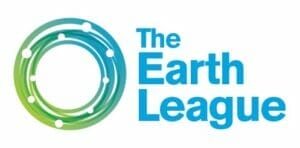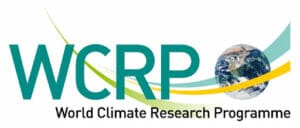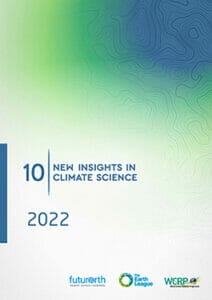Launched on Oct. 28 by a consortium of globally renowned social, natural and climate scientists, the annual synthesis report ‘10 New Insights In Climate Science’ unveils the overwhelming impacts of climate change that risk reversing decades of progress on maternal and reproductive health, contributing to more extreme and costly El Niño effects, and jeopardizing one of our most vital natural carbon sinks, along with seven other key climate insights.
This report serves as a resource for climate policy negotiations worldwide, including at the upcoming COP29 conference. It offers insights into recent advances in climate change research and highlights key opportunities for impactful climate action.
Jointly produced by Future Earth, The Earth League, and the World Climate Research Programme, the report underscores policy implications that can guide climate negotiations and policy through 2025 and beyond.
Read the 10 New Insights 2024/2025 here.
Full press release and additional resources for media, available here.







